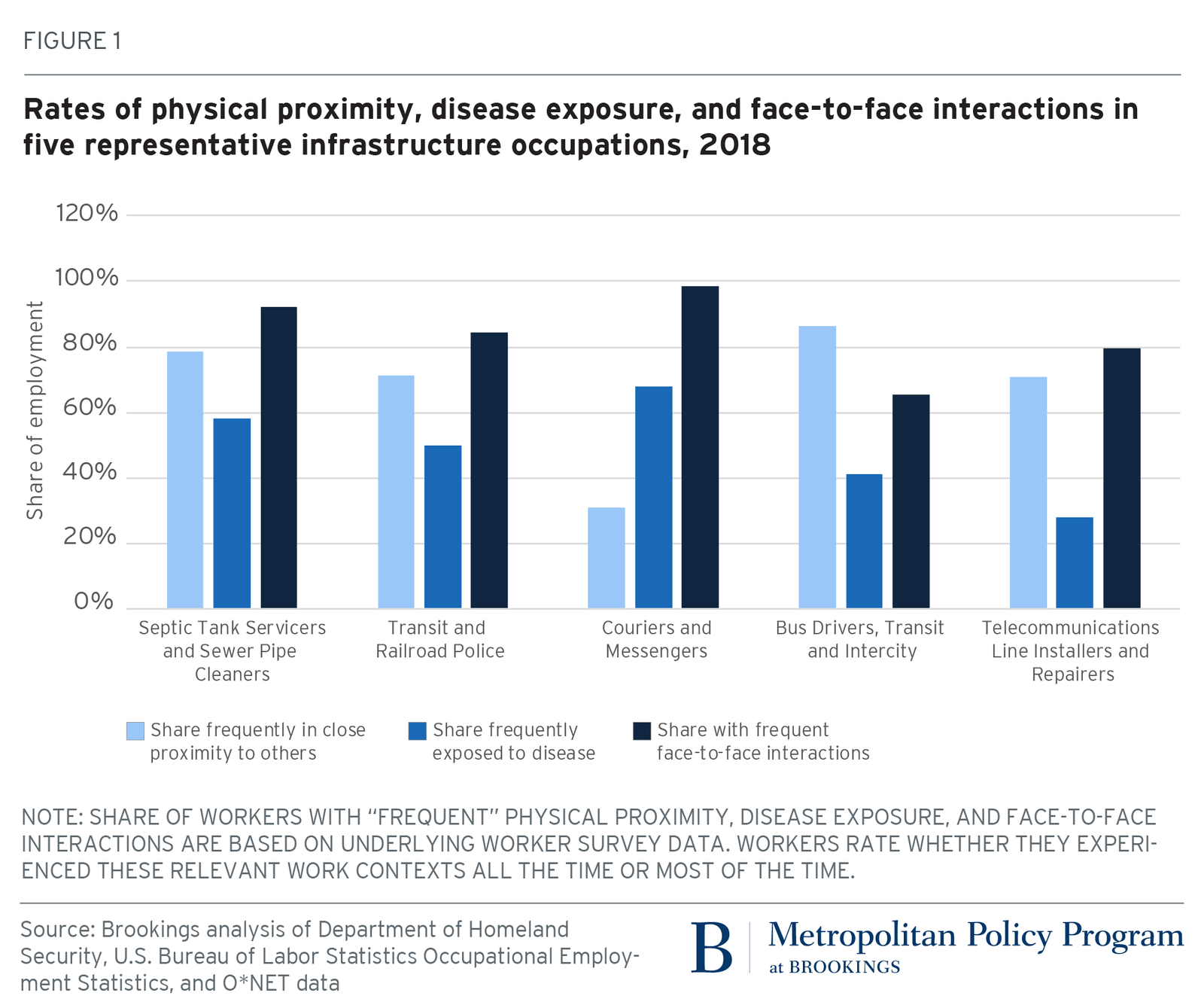
According to a recent construction outlook report by JLL, 2018 was a steady year for growth in the construction industry at 5.1 percent, and 2019 maintained a similar pace. Many of us expected 2020 to be more of the same, until the entire industry, like most others, was clobbered by the effects of COVID-19. Construction has been mostly deemed essential, but many high-profile projects across the country have been stopped, from major transportation expansions to theme parks. Moreover, many of us now wonder what we’ll be building in the future as pandemic upends the way we work, shop and socialize.
While construction companies across the world eagerly try to keep current projects on track, it’s not enough to simply hope for a return to normal. There are ways to maintain growth, even in the midst of this pandemic, but it won’t look like how most construction companies have promoted themselves in the recent past. Construction companies must be more proactive and focused on executing a clear strategy to grow their business, and ensuring that their strategy touches every aspect of how they operate.
Commercial Construction is a People Business
The foundation for your construction business has always been an A-team of employees and a tight network of trusted trade partners. Circumstances such as the COVID-19, a force majeure event, have put even more pressure on your teams to perform. As leaders, we need to ensure that our teams have the necessary resources and infrastructure to perform at the highest levels possible.
First and foremost, top performing construction teams reinforce a “can-do” culture, make use of great operational infrastructure, carefully protect their financial capacity and embody deep commitment to doing right by project stakeholders. Implementing technology, such as construction project management software, can help with every aspect of growth and success. Why? Because it makes the work easier for employees, reduces overall reliance on peoples’ memories and record keeping, and improves the experience for external project stakeholders by facilitating communication and collaboration under circumstances made more difficult by COVID-19.
We now face significant economic uncertainty brought about by COVID-19, as it profoundly impacts people, how we work and the institutions we take have long taken for granted. Forced into virtual work environments, companies may never return to traditional working space, mostly because connecting employees working from home using cloud technologies has worked far better than many expected.
Manage Changes as They Occur
In construction, the process is just as important as the end result. When projects are fully in motion, contractors need to keep owners satisfied by delivering their projects at the expected time, with the expected quality and for the expected price.
Changes are a fact of life for every commercial construction project, and may be more prevalent during COVID-19, which means a big part of a contractor’s job is to manage these changes or impacts as they occur. One of the key elements in successful change management is transparency – contractors need to make sure all members of their project teams are fully aware of changes as they occur. This enables everyone to operate as efficiently as possible under difficult circumstances.
If this situation has brought anything to light, it’s the fact that construction companies need strong options for remote collaboration at all times. Project owners hate surprises – keeping the entire team well-informed over the life of every project is essential, particularly when travel and team meetings are more difficult to convene or even prohibited.
Foster Contractor/Subcontractor Relationships
One subcontractor’s low bid can make a contractor’s overall price competitive, and one subcontractor’s failure to perform can blow up a project. Experienced construction professionals know that if they take care of their subcontractors, the subcontractors will take care of them. Often the low bidder for their scope, subcontractors must focus on maximizing their productivity in order to succeed. Adopting business practices and technology to help subcontractors get their work done and get paid will earn their loyalty and perhaps their best price and great service on the next job.
Collaboration beats confrontation every time. The challenge of COVID-19 reminds us we are all human, and mutual appreciation and respect are hallmarks of collaborative relationships. A positive and productive work environment will help you deliver a great experience for your customers.
The least controllable aspect of building a business is the economic climate in which it operates. As the construction industry is poised for post-pandemic recovery, now is a time for optimism and action. Maintaining growth during this time requires a strong organizational commitment and willingness to invest in the right infrastructure to support it. Both are essential for attracting and retaining the best people and subcontractors that companies will need to drive the success of business.
Frédéric Guitton is chief strategy officer/CMO at RedTeam Software.





